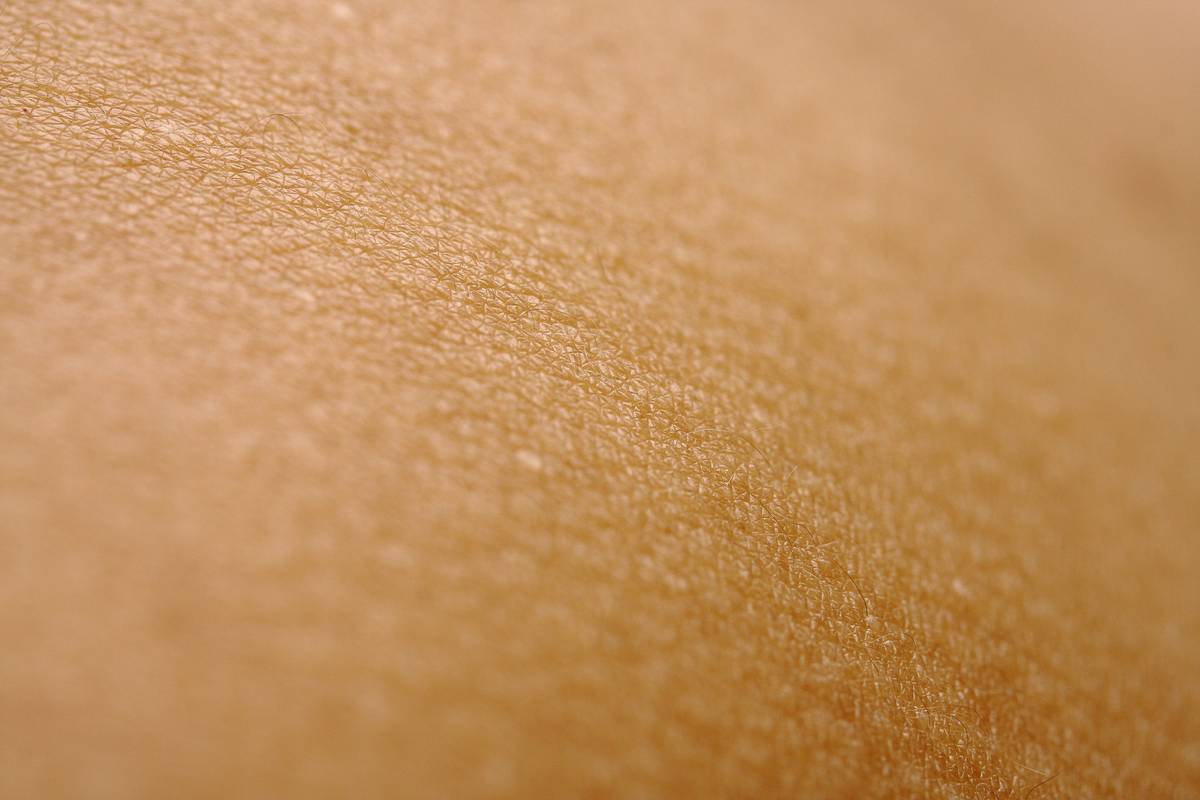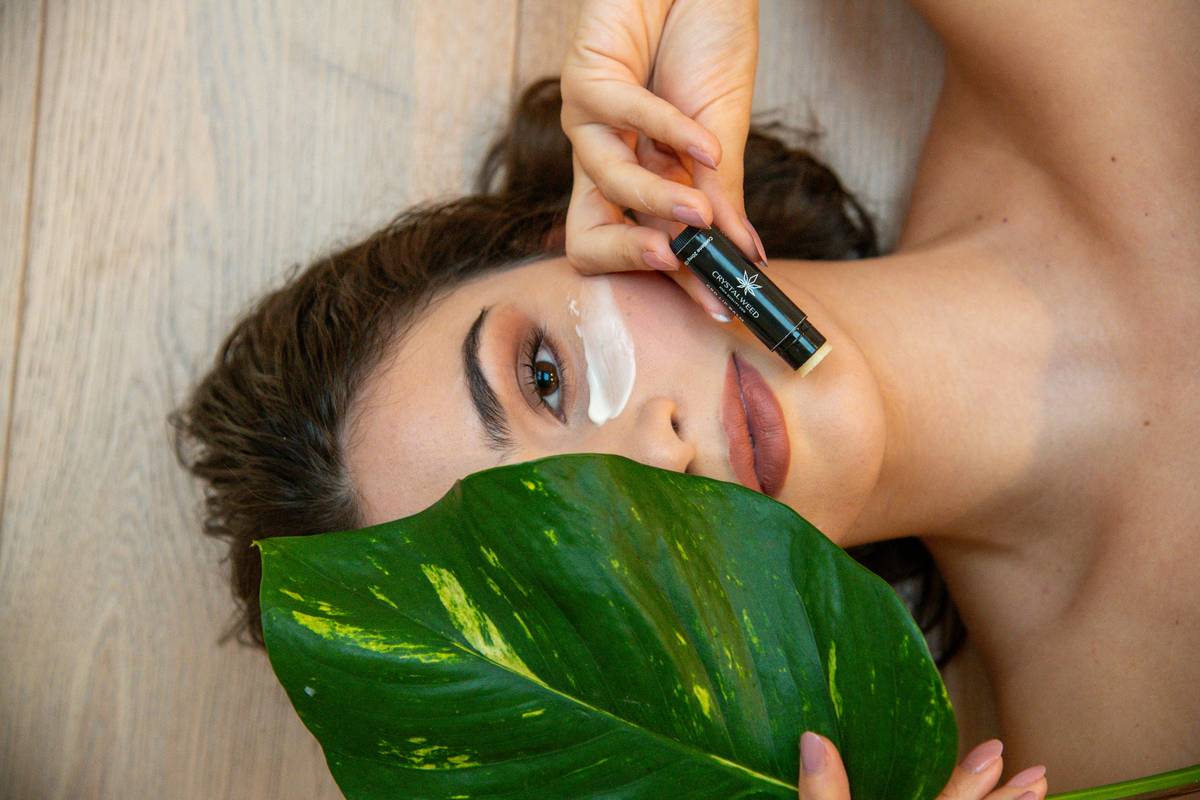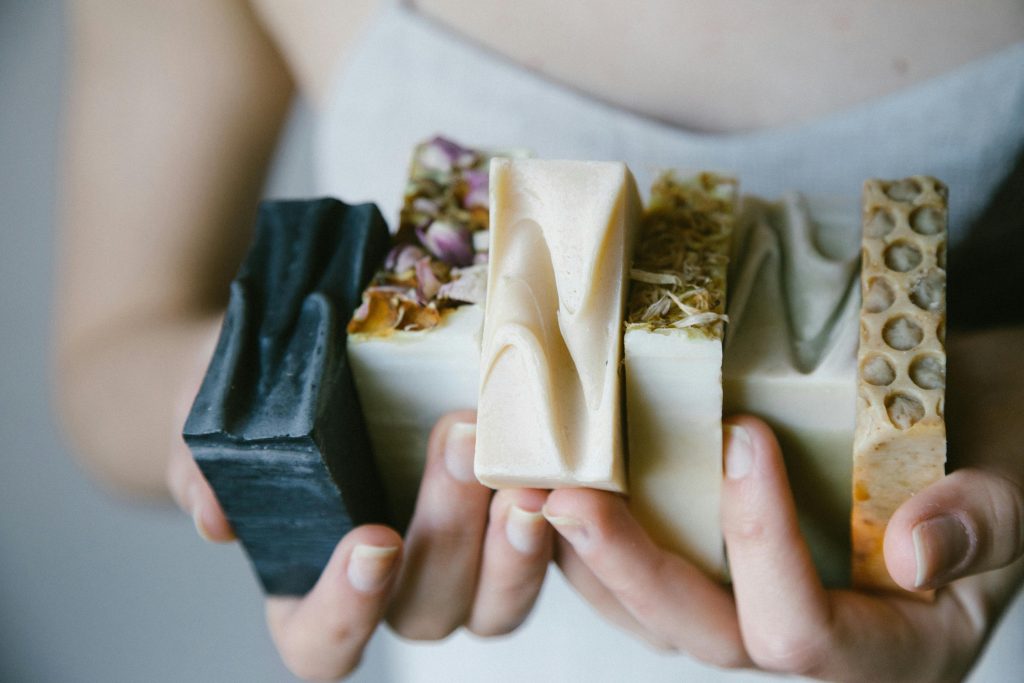“Ever tried a new foundation only to wake up looking like you wrestled a cactus?” Oof, yeah. That was me once when I thought “hypoallergenic” on the label meant it wouldn’t turn my face into an avocado toast disaster zone. Spoiler alert: It did. And that’s why organic makeup for sensitive skin isn’t just a trend—it’s a lifesaver.
In this post, we’re diving deep into all things natural and gentle. You’ll learn what makes organic makeup different, how to pick products your skin will love, and pro techniques to make them work harder than your morning coffee. Buckle up—we’re getting glowy.
Table of Contents
- Why Go Organic? The Truth About Conventional Makeup
- How to Choose Organic Makeup for Sensitive Skin
- Top Tips for Applying Natural Makeup Without Breaking Out
- Real Stories: Women Who Swore Off Chemicals & Never Looked Back
- Frequently Asked Questions About Organic Makeup
Key Takeaways
- Organic makeup uses plant-based ingredients and avoids harsh chemicals, making it ideal for sensitive skin.
- Choosing certified organic products ensures quality and reduces irritation risks.
- Natural doesn’t mean boring—professional techniques can elevate any organic product.
- Investing in good tools and primers boosts performance dramatically.
Why Go Organic? The Truth About Conventional Makeup
Sensitive skin warriors, raise your hands! If you’ve ever dealt with redness, itching, or breakouts after trying a new blush, you’re not alone. A shocking stat? Over 60% of people report adverse reactions to beauty products each year—and most don’t even realize their makeup might be the culprit. Yikes.
Optimist Me: “Switching to organic makeup could be your ticket to clear, glowing skin!”
Grumpy Me: “But let’s be real—it also means saying goodbye to some cheap drugstore finds.”
Conventional makeup often contains synthetic fragrances, parabens, and phthalates—all potential triggers for sensitivity. Plus, those long ingredient lists sound like they came straight from a chemistry lab. Organic makeup, on the other hand, prioritizes natural, non-toxic ingredients that nurture rather than irritate. Think chamomile extracts instead of alcohol; jojoba oil over petrolatum. Chef’s kiss!

Image: Choosing organic means fewer chemicals and happier skin.
How to Choose Organic Makeup for Sensitive Skin
Step 1: Check for Certifications
Let’s get one thing straight: Just because something says “natural” on the label doesn’t mean squat if there’s no certification backing it. Look for seals like USDA Organic, COSMOS, or Ecocert. These guarantee at least 95% of the product’s ingredients meet strict organic standards.
Step 2: Read Ingredient Lists Carefully
Skip anything with words you can’t pronounce—seriously. Harsh preservatives like methylparaben or sodium lauryl sulfate are major no-nos for sensitive types. Instead, opt for goodies like aloe vera, green tea extract, and shea butter.
Step 3: Do a Patch Test
This life-saving habit involves dabbing a tiny bit of product behind your ear or on your wrist. Wait 24 hours. If nothing explodes (metaphorically), it’s safe to use elsewhere. Trust me—I learned this lesson the hard way.

Image: Quick guide to patch testing before committing to a full application.
Top Tips for Applying Natural Makeup Without Breaking Out
- Cleanse First: Always start with a clean canvas. Double cleansing ensures zero dirt or leftover makeup interferes with fresh applications.
- Prime Properly: Use a hydrating primer specifically designed for sensitive skin. This creates a smooth base while preventing dry patches.
- Layer Lightly: Build coverage gradually using sheer layers instead of slathering everything on at once. Patience pays off.
- Blend Like a Boss: Invest in brushes or sponges made from sustainable materials—they blend better and feel softer on delicate skin.
- Moisturize Again: Lock everything in place with a lightweight moisturizer or setting spray infused with soothing botanicals.
Real Stories: Women Who Swore Off Chemicals & Never Looked Back
Laura K., a graphic designer in Seattle, had struggled with eczema since childhood. After switching to Tata Harper’s Elixir Vitae Serum Foundation, her flare-ups decreased by 70%. She says, “I never knew ‘makeup’ and ‘comfortable’ could coexist until now.”
Then there’s Mia T., a fitness instructor whose acne-prone skin hated traditional concealers. Enter ILIA True Skin Serum Concealer—a game-changer. Her Instagram followers noticed immediately, flooding her DMs asking about her dewy complexion.

Image: Real results speak louder than marketing jargon.
Frequently Asked Questions About Organic Makeup
Does organic makeup last as long as regular makeup?
Nope, unfortunately not always. Many organic formulas sacrifice longevity for gentleness. Combat this by using setting sprays or powders—but avoid talc-based ones!
Is organic makeup more expensive?
Generally, yes—but think of it as investing in your skin’s future. Less inflammation = fewer dermatologist visits down the road. Win-win.
What’s a terrible tip regarding organic makeup?
Relying solely on DIY recipes found online. While fun, homemade solutions lack stability and shelf life, potentially leading to bacterial growth. Stick to trusted brands!
Rant Time: Greenwashing Drives Me Nuts
Ughhh, greenwashing pisses me off. Companies slap “eco-friendly” labels on packaging without actually changing formulas. Friends, demand transparency. Research certifications. Or else, who knows what sneaky crap you’re swiping onto your face?
Conclusion
Switching to organic makeup for sensitive skin isn’t just vanity—it’s self-care. With smarter choices, proper techniques, and patience, you can achieve flawless looks minus the irritation. Ready to give it a shot? Your skin will thank you.
And hey, if nothing else sticks today, remember this haiku:
Green leaves soothe red cheeks,
Nature heals where science fails,
Glow naturally.


